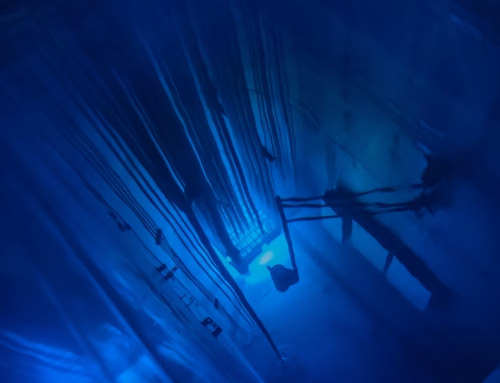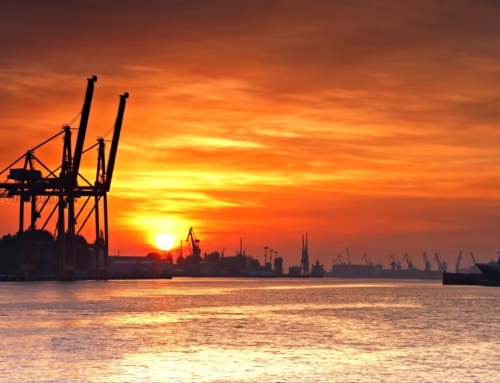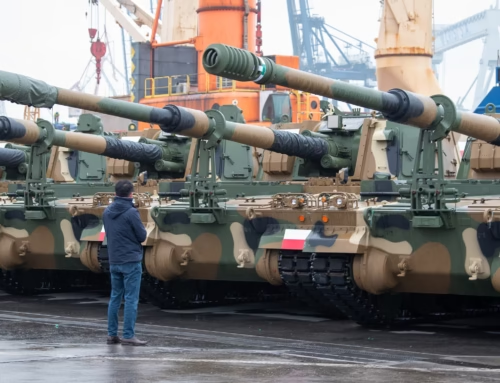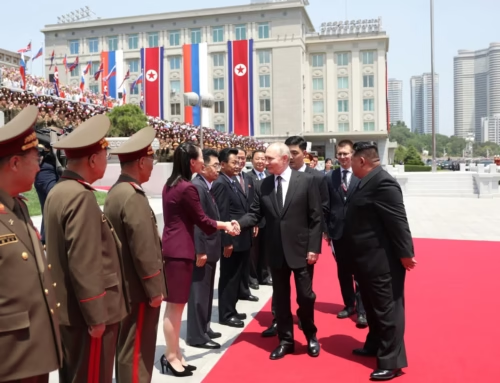PPP
Autor foto: CPF

SPECIAL PAPER: The Quick Peace Trump Pushed for Gives Russian Elites Time to Cement Their Regime
19 maja, 2025


PPP
Autor foto: CPF
SPECIAL PAPER: The Quick Peace Trump Pushed for Gives Russian Elites Time to Cement Their Regime
Autor: Miłosz J. Cordes
Opublikowano: 19 maja, 2025
The haste with which the U.S. administration was acting for a number of weeks to bring an end to the Russo-Ukrainian war stands in sharp contrast with acting on and addressing the actual reasons behind the war, as it favours the aggressor and its interests. History shows that finding a lasting peace solution requires patience and careful planning to make it resilient against known and unknown factors that can occur in the future. By pushing for a quick peace at the expense of Ukraine, the incumbent U.S. administration largely discredits and wastes sacrifices made by Ukrainians and their allies, including the very United States itself. It also gives the Russian elites a chance to catch a second breath, prolonging their time in power.
By continuing this approach, the U.S. will fail to meet any of both previously and currently adhered-to objectives: Russia will remain a rogue state with a failing economy and its decision-makers ready for even more drastic and havoc-wreaking actions in exchange for moving the collapse of the system away by a few years. China will gain even more leverage vis-à-vis its northern neighbour and will seek to exploit the weaknesses within the Western institutional framework exposed over the last months. European Union and European NATO members might find enough mobilisation and resources to stand their ground, but there is no possibility for them not to come out weakened from the U.S. paradigm shift. Other nations aspiring to play a more prominent role in global affairs will only welcome such developments.
For now, the West has only one tool at hand that has proven its efficacy in containing Russia without involving a direct confrontation: continuous material and political support of Ukraine in defending its sovereignty and territorial integrity. As much as such an approach means much for the credibility of the West as an institutional project experiencing growing pressure due to the changing global balance of power, it is also one of the few pressure points still working against Russia. The latter’s political system, the springtime of which lasted from the early 2000s until 2008/2009, has long since entered its autumn and is now trying to fight off the coming winter. The authoritarian regime they have created has only one objective: survival at any cost. The U.S. administration is making it significantly easier for Russian elites to achieve it, even though it will likely translate into even more human, material, and political losses.
At the time of writing this paper (June 16th), it seems that the Russo-Ukrainian negotiations in Istanbul did not bring any significant progress, with Putin not attending. The EU, already before the talks, had announced a new set of sanctions to further pressure Russian leadership. For now, sending someone like Vladimir Medinsky as the head of delegation seems like a blatant example of stalling and an ostensibly manifested disregard for Ukraine, its partners, and allies. The language of economic and political force needs to come from both sides of the Atlantic not only to bring Russia to the negotiating table, but to further cripple its warmongering potential. The more the Kremlin squirms and wriggles, the more effective such measures will prove to be. The EU is showing more patience and method in this regard than the United States. It would be desirable to see a similar approach coming from Washington.
Author: Miłosz J. Cordes – Research Fellow at the Casimir Pulaski Foundation
Ph.D. in Cultural Studies; M.A. in East European Cultural Studies and International Relations; B.A. in History and International Relations. Research Fellow at the Danish Foreign Policy Society since 2021. Postdoctoral Researcher at Lund University (2021–2023). Benjamin Franklin Transatlantic Fellow (2006) and Casimir Pulaski Foundation Scholarship Awardee (2010–2011).






